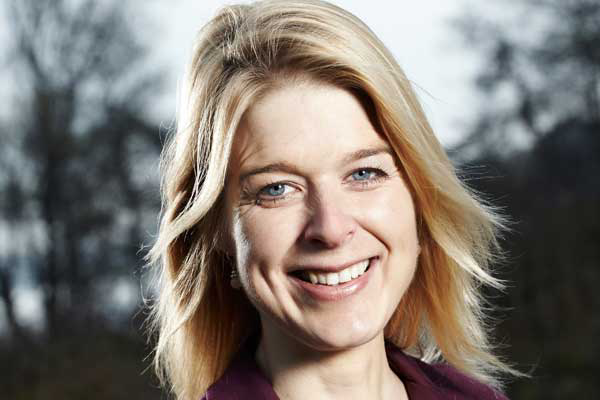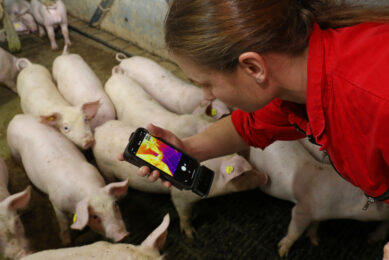Eurogroup for Animals: “Castrating pigs is utterly unnatural”

The Eurogroup for Animals has urged that continuous attention be given to the pig castration issue as the umbrella organisation feels that too little progress has been made towards the agreed ban on castration in 2018.
This is the message by Reineke Hameleers, 36, director for the Eurogroup for Animals, speaking to the Netherlands-based agricultural magazine Boerderij. Last year, this European umbrella organisation for animal welfare, representing 40 national organisations, joined the Europe-wide initiative Boars 2018, to come to an industry-wide stop to castrating boars by 2018.
Why did you choose to cooperate?
“In 2010 the Declaration of Brussels was signed – and we were already involved then. In this document, clear moments in time were included, like stopping the castrating by 2018, and only castrating using analgesics or anaesthetics as from 2012. In practice, however, not enough progress has been made. In Europe, still 79% of all male piglets are being castrated, and I’m afraid they have not been anaesthesised prior to that. From an animal welfare perspective, this is completely unacceptable. The Dutch swine industry proves that castrating is superfluous practice. Finishing boars is absolutely possible and there are good methods to detect those boars with a potentially distinguishing odour at the slaughterline.”
This detection method is not fool proof.
“I know that this method has been tested profoundly. The chances of tainted carcasses escaping the method are limited. The technique has been used widely without major fails being reported.”
Many pig producers say that two small cuts in the beginning of a pig’s life can prevent many welfare problems as a consequence of boar behaviour. Do you appreciate this line of thought?
“No, I do not. It is utterly unnatural to castrate pigs. It is going against the animals’ self-esteem. Aggression between animals is a different problem and could well have multiple causes.”
What is your budget for this action?
“I cannot tell you, as more than one member is involved. In any way, it is one out of five main themes of our campagne.”
Is it realistic to assume that by 2018 castration is a thing of the past in the European Union?
“I am positive about that. I am not often positive when Europe-wide agreements are made. Now, however, I am optimistic as on one hand the Netherlands proves that it is possible to produce pigs without castration. On the other, I believe in it as pig producers also gain from it and it relieves them from an unattractive job: Castration. We try to get non-castration policies on the public agenda in a couple of leading EU member states. It is pivotal that politicians, pork producers and retailers know about the Brussels agreements and about the possibilities to stop castrating. Recently I spoke to a major Polish civil servant. To stop castrating was not on his priority list. We have to act quickly to get to one European method, in order to avoid market disturbances.”











